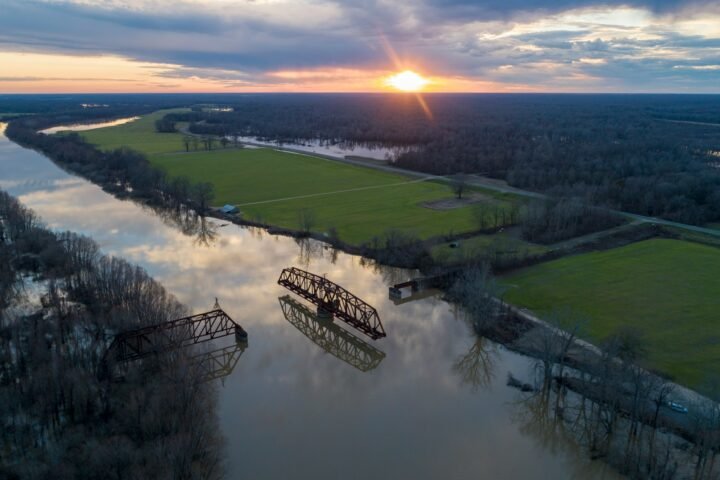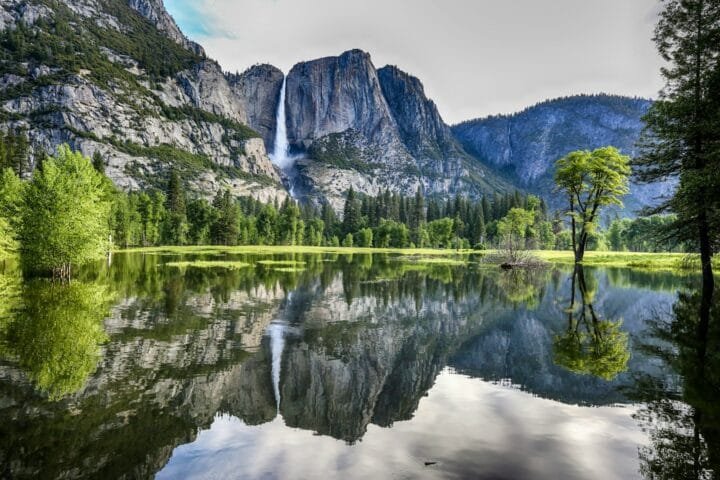Summary
- Support is growing for the criminalization of ecocide as an international crime, to hold individuals accountable for environmental destruction.
- Countries like Vanuatu and the European Union are leading the charge to make ecocide a punishable offense, joining the ranks of genocide and crimes against humanity.
- Ecocide laws could deter destructive practices such as oil spills, deforestation, and factory farming, protecting ecosystems and human well-being.
- It is essential to take urgent action now to address climate change and protect the future of life on Earth by criminalizing environmental destruction.
On December 3, 2019, the Pacific island state of Vanuatu made an audacious proposal: Make ecocide—the destruction of nature—an international crime. “An amendment of the Rome Statute could criminalize acts that amount to ecocide,” stated Ambassador of Vanuatu John Licht at the International Criminal Court’s (ICC) annual Assembly of States Parties in the Hague. He was speaking on behalf of his government at the assembly’s full plenary session. “We believe this radical idea merits serious discussion.”
Since then, the idea has become less radical: Amid the intensifying global climate emergency, interest has been mounting among nations and diverse stakeholders—spanning international bodies, grassroots organizations, and businesses—that ecocide be formally recognized as an international crime, joining the ranks of genocide, crimes against humanity, war crimes, and crimes of aggression, which are the four core international crimes established by the Rome Statute of the ICC. These crimes are not subject to any statute of limitations.
Environmental activists are pushing to elevate the concept of ecocide—literally, the “killing of the ecosystem”—as the fifth international crime to be adjudicated by the ICC.
Read the full post at CounterPunch.





